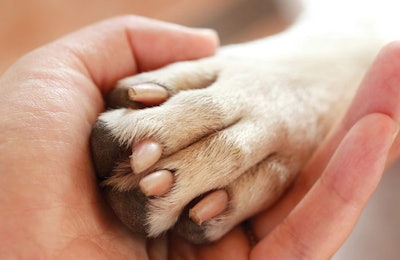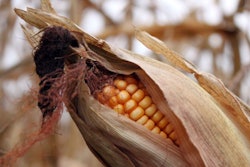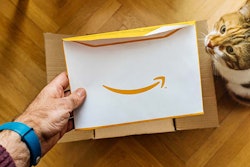
The number of pet food mergers and acquisitions (M&A) over the past 18 months (not to mention the five years before) represents a strong sign of the health of the global industry. To date this year alone, 31 deals have taken place — an amazing amount of activity. Last year saw well more than 20 deals.
Perhaps even more interesting is the types of M&A occurring: besides the familiar model of one pet food manufacturer or marketer buying another, we’re seeing human food conglomerates purchasing large or iconic pet food companies, as well as new, smaller companies buying up equally small brands, plus industry suppliers acquiring other suppliers or co-manufacturers — or vice versa. And this is happening in many regions globally. It all adds up to a very exciting time for our industry.
With pet food, size doesn’t matter
Blockbuster deals such as General Mills acquiring Blue Buffalo in February and J.M. Smucker buying Ainsworth Pet Nutrition in April grab all the attention, including from business media and many others outside our industry. Yet much of the M&A activity in pet food happens, quietly, among smaller players throughout the world.
Peruse the list of pet food deals so far this year and, in addition to the big, well-known names, you’ll also see plenty of names that may not be as familiar but are nonetheless making their mark. For example, Barkstrong, which was founded only last year, already has acquired three small, natural pet food companies in 2018: Wild Calling (which had been in bankruptcy), Great Life and Pioneer Naturals. And its owners are open to more purchases as opportunities arise.
“We are looking for brands that can supply either geographic opportunities, additional brand intelligence or strong operators,” said Greg Eastwood, Barkstrong’s vice president of sales. “If a brand is well suited in its category and brings the aforementioned criteria, we would possibly be interested. The space is clearly consolidating and with the strong move to online, it’s become more of a math-driven technology play.”
Eastwood pinpointed a theme common to many of the recent pet food M&A: besides the obvious chance to expand its existing business and capitalize on efficiencies, the buyer often sees at least one unique attribute, opportunity or potential for synergy in the target company. That may be especially true for large companies like Mars Petcare and Néstle Purina.
Both big players seem to be on a quest to branch into areas outside their core business of traditional pet food products; and with their missions to “make the world a better place for pets” and to “shape the future health and well-being of pets and people,” respectively, they have the impetus (and the resources) to do so. For Mars, that means investing in more veterinary service providers and adding to its canine DNA business; for Purina, it’s venturing into digital pet owner platforms and expanding its custom dog food business — among many other projects and funding initiatives for both companies.
Vertical pet food supply chain integration
Ever since ingredients giant Archer Daniels Midland (ADM) kicked off 2017 with its purchase of Crosswinds Industries, a manufacturer of contract and private label pet food and treats, there has also been noticeable movement within the ranks of pet food industry suppliers. That involves not only companies buying other suppliers in the same category — this year to date, we’ve seen at least three such deals in pet food ingredients or ingredient-related companies, plus at least three in packaging and one in processing equipment — but also companies delving into other parts of the supply chain via acquisitions.
Besides the ADM-Crosswinds deal, that list includes C.J. Foods, a custom manufacturer of premium pet foods, purchasing Lortscher Animal Nutrition, an ingredients company, and Cargill buying Pro-Pet, a producer of private label and co-manufactured pet food products. Plus, Danish Agro, an agri-industrial conglomerate, bought Tukuma Straume, a Latvian grain and feed supplier that also makes pet food, while Kemin Industries, a global ingredients supplier, acquired Agri-Marketing Corp., its longtime distributor in Canada. Those last four deals have happened so far in 2018.
The motivation? Owning and controlling ingredient supplies, sources and distribution, in some cases, or the ability to diversify the company’s business and portfolio by adding a pet food manufacturing arm. In all cases, the acquisition is also a bold statement on the prospects for the pet food market. “The purchase of Lortscher Animal Nutrition increases C.J. Foods Holdings’ investment share in the superpremium pet food manufacturing space at a time when our team and board are very bullish about the future of this market segment,” said Tod Morgan, C.J. Foods CEO. Bullish indeed.
















